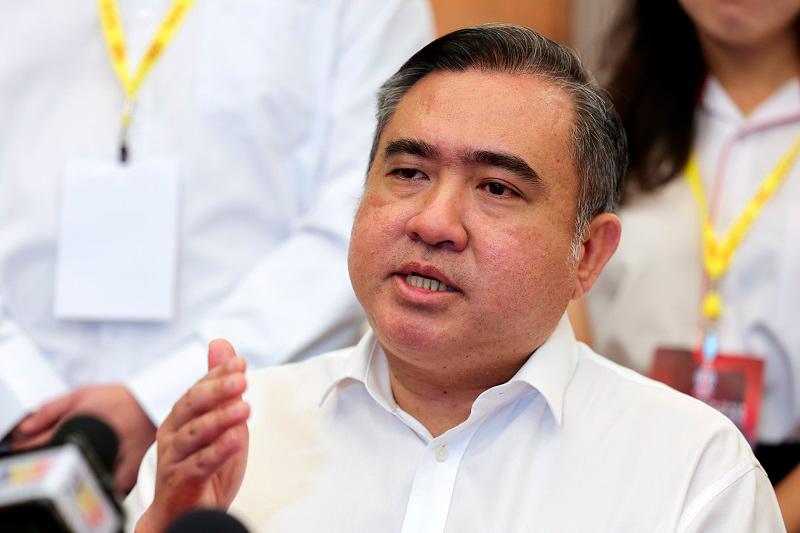KUALA LUMPUR: The proposal by the Federal Territory (FT) DAP for the introduction of legislative reforms by appointing council members in Kuala Lumpur City Hall (DBKL) to ensure good governance is a sound and progressive approach, says DAP Secretary-General Anthony Loke.
However, he said, the matter would be brought to the Pakatan Harapan leadership council for discussion before proceeding with any further actions in the government.
“What is proposed by the Federal Territory DAP is to have reform, by first having more appointed councillors in DBKL, from the current board of advisers, not even councillors.
“I think as a first step, appointing councillors is a good move. Eventually, of course, our major aim is to have local council elections. However, considering the current constraints, this is probably a progressive approach and something that can be considered,” he told at a press conference after opening the Federal Territory DAP Convention here.
The appointment of councillors was among the key resolutions passed by the FT DAP chapter today with its chairman Tan Kok Wai saying it would serve as a first step towards broader reforms.
Meanwhile, DAP vice-president Teresa Kok expressed the importance of amending the Federal Capital Act 1960 to enable Kuala Lumpur to have council members.
“All PBTs across the country are under the Local Government Act 1976, but in Kuala Lumpur, because this is the capital city, there are no council members.
“So, it is very important for this MADANI government to amend the Federal Capital Act so that Kuala Lumpur will be the same as all PBT across the country, where there are council members,“ she said.
On concerns surrounding the Mufti (Federal Territories) Bill, Loke, who is also Transport Minister, said he had asked Bangi Member of Parliament, Syahredzan Johan to scrutinise the bill and brief the party’s lawmakers on it.
This followed a statement by the Minister in the Prime Minister’s Department (Religious Affairs), Datuk Dr Mohd Na’im Mokhtar yesterday calling all parties not to create doubts among the Muslim and non-Muslim communities that could lead to misinterpretations of the Mufti Bill (Federal Territories) 2024.









